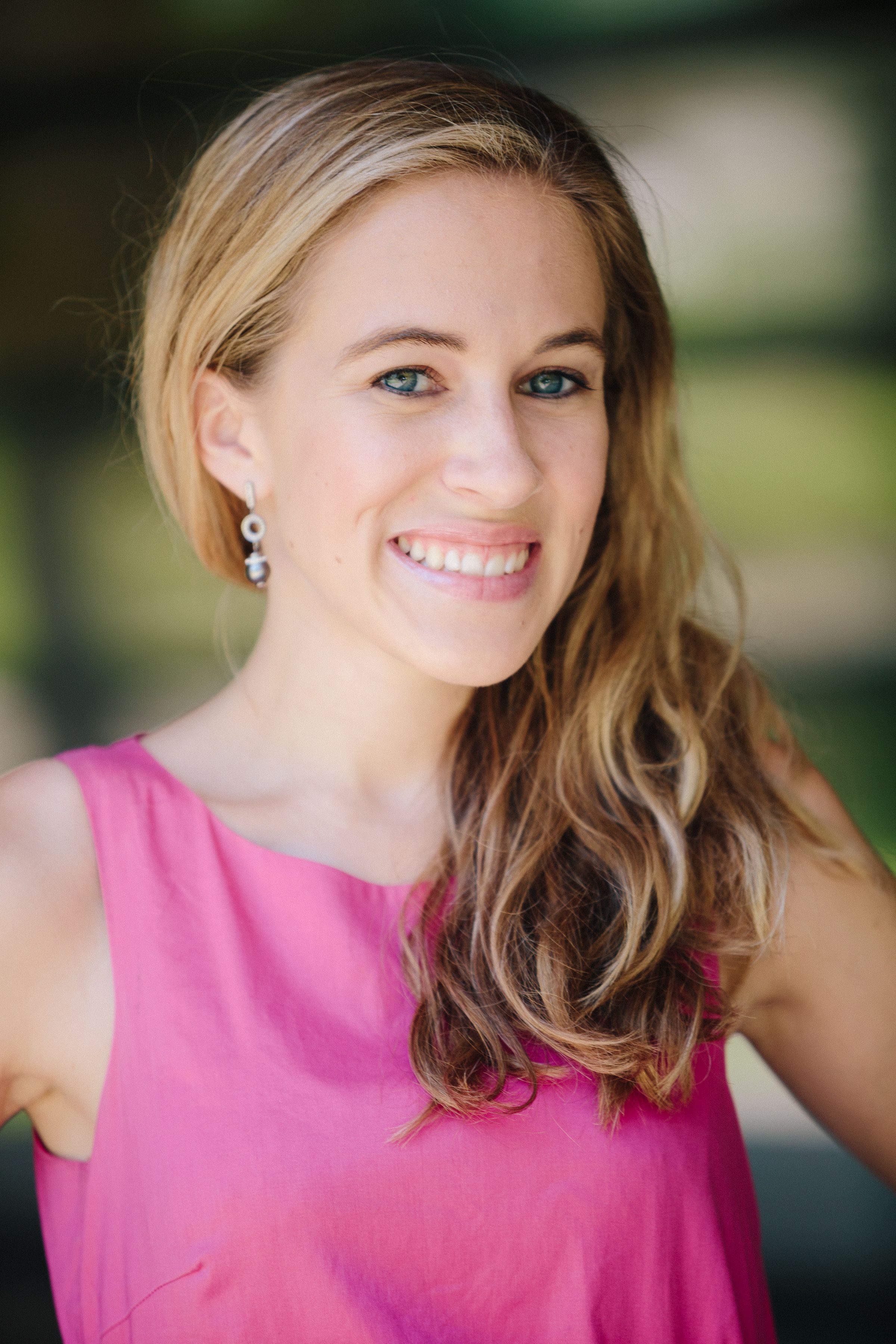Katarína Marková
Katarína Marková
Katarína Marková comes from the Slovak Bratislava. She finished her studies at the IES in 2009. During her Master’s studies she passed a study stay at the Johann Wolfgang Goethe-Universität Frankfurt am Main. Her working path has started at the company EEIP, after that she started to work in Bancroft Private Equity at the position of the Investment Analyst. During this practice, she also spent some time in Vienna. In 2012 she begun to work in the Strategy Division of ČEZ. Two years later Katarina moved to Israel where she started to study Soafer International MBA at the Tel Aviv University. While studying she has been interning in the Incentive technology incubator and now, after completing her MBA, she works at KPMG as Senior Associate in M&A. She helps Israeli companies with international expansion, mainly through raising of capital from international investors. (In August 2016, Kataría started to work as a Business Development Manager at MyHeritage.) She also volunteers at the Foundation for the Benefit of Holocaust Victims in Israel. In her free time, Katarína likes travelling, does joga, and she studies Hebrew.

|
|
Currently you are helping Israeli companies to grow internationally whether through acquisition or via raising capital from foreign investors. What was the most beneficial for this practice from the IES? I finished my studies at IES around six years ago and I have experienced a lot professionally in between, so the link is not direct. I always look back on IES as the first challenge of my adult life and as an institution that taught me on one side how to think structurally but on the other side how not to give up when complications occur. In the environment that I currently work in I definitely need both. I am really proud of the analytical background that IES gave me because it is not necessarily common everywhere. You have studied Sofaer International MBA at Tel Aviv in Israel, why did you choose particularly this school? I was playing with the idea of spending some time professionally in Israel for a longer time. I was fascinated by the entrepreneurial culture of the country and by the business attitude of the Israelis for whom a “no” is literally not an answer. I felt that as a person who was always working as an analyst I have a lot to learn from them. Studying at Sofaer that is focused on entrepreneurship and innovation gave me a new toolbox that I was lacking before. The studies were very practically oriented and I met a lot of entrepreneurs who build their companies “from scratch” and had a lot to share about what business development and entrepreneurial risk taking is about. In Europe, very often we see professional failing as a tragedy and thus in our professional roles we often tend to turn into some kind of risk managers who are afraid to try new ways. Here I saw that failing is not necessarily a bad thing as long as you learn from it/ take a lesson from it. You have many working experience from various countries, from the Czech Republic, Austria and Israel. How would you assess the working environment? Does it differ in these countries, or is it the same in general and more depends on particular company? The working environment in Israel differs a lot from the traditional business environment in Europe and this is mainly due to the fact that also people and the culture differ a lot. In smaller European countries like Czech Republic and Austria where “everyone knows everyone“, in order to succeed you need to (i) deliver a good job but also you need to (ii) have a network of people who can recommend you. In Israel it is not necessarily enough. In addition you need to have very sharp elbows and some kind of “immunity“ to take criticism not personally. Feedback is provided more often and more “point blanc“ than in Europe but this not in order to insult you but to brainstorm, learn from the failure faster and move forward instantly. A person used to European „manners“ might need some time to adapt to this. You are currently living in Israel, how did you manage to integrate into the society? Do you spend your time more among foreigners, or vice versa? I visited the country very often even before so I knew where I am moving, I also knew some people from before. However, the closest friends that I currently have are from Sofaer - the MBA program I attended. While studying I spent a lot of time with internationals, mainly Americans. Today in the “working period of my life” I am surrounded mainly by Israelis. They are very warm and welcoming people and even though foreigners are often surprised by their honesty, they make you feel home very soon. How would you describe your everyday life in Israel? Due to a potential danger of terrorist attacks Israel has a number of precautions to prevent the threat. Do you notice this, does this affect you somehow? The security measures are obviously on a higher level than in Europe but you get used to that very soon and it does not affect your daily life. The people are very engaging and they give you the feeling that you are part of a community rather than simply being part of a society. The situation definitely brings people together. Do you have some favorite typical Israeli food? I guess I should say hummus…?:)
|







